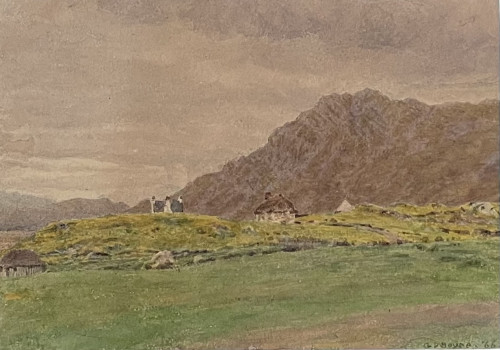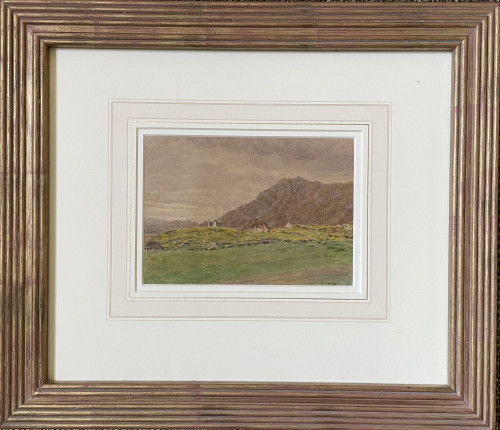- HOME
-
- View All Items
- New Arrivals
- Featured Items
- Artists
-
- View All
- Contemporary
- Birmingham School
- Cotswold Group
- Landscape
- Urban Townscape
- Abstract
- Animals/Birds
- Arts & Crafts
- British Impressionist
- Botanical
- Design/Industrial
- Fantasy/Fairy Subjects
- Female Artists
- Figurative
- Historical
- Illustration/Cartoon
- Marine
- Military/War Artist
- Modern British
- Pre-raphaelite/ Romantic/ Aesthetic
- Nude
- Portrait
- Prints
- Scottish
- Sculpture
- Sporting
- Still Life
- Theatrical
- Interiors/Architectural
-
ARCHIVE
Genre
- View All
- Contemporary
- Birmingham School
- Cotswold Group
- Landscape
- Urban Townscape
- Abstract
- Animals/Birds
- Arts & Crafts
- British Impressionist
- Botanical
- Design/Industrial
- Fantasy/Fairy Subjects
- Female Artists
- Figurative
- Historical
- Illustration/Cartoon
- Marine
- Military/War Artist
- Modern British
- Pre-raphaelite/ Romantic/ Aesthetic
- Nude
- Portrait
- Prints
- Scottish
- Sculpture
- Sporting
- Still Life
- Theatrical
- Interiors/Architectural
- ARTISTS
- Online Exhibitions
- Events
- About
- Contact
Steps to a Church
Steps to a Church
“”¦ for pure artistic delight, an untouched sketch of Albert Goodwin’s on the spot is better than any finished drawing ”¦” John Ruskin, Brantwood, 4th May, 1886 Albert Goodwin was born in Maidstone. On leaving school he apprenticed to a local draper, but six months later he gave up his apprenticeship to paint. Already under the influence of the Pre-Raphaelites, in the late 1850s he received tuition from Arthur Hughes who also lived in Maidstone and he exhibited his first work at the Royal Academy in 1860 when aged only 15. At this time he became a pupil of Ford Madox Brown and came under the influence of the inner circle of the Pre-Raphaelites and in particular their eminent supporter and critic, John Ruskin. Goodwin seems to have met Ruskin in about 1870 and they made several sketching tours in Britain over the next years. In 1872 Ruskin asked Goodwin to accompany him on a three-month tour of Italy and the trip proved to be a turning point in his artistic career. Through Ruskin’s encouragement the influence of Turner became dominant in Goodwin’s work. He put into practice the programme that Ruskin, inspired by Turner, enunciated in Modern Painters and through careful and studied drawings and the painstaking study of nature he created poetic and atmospheric landscapes. His spontaneous and fluid sketches not only exhibit his masterful draughtsmanship but also reveal a fascination in striking landscape and architectural features and love for charming domestic subjects. It was his habit to use sketchbooks with different coloured pages to give varied effects to his drawings and sketches in pencil, chalk or pen and ink. On returning to his studio these plein air sketches would later be used as source books for his finished watercolours and occasional oil paintings. He was a regular exhibitor at the Royal Watercolour Society from 1871 until his death and held a number of one-man shows in London at the Fine Art Society and elsewhere. This drawing comes from the collection of Lyndon Goodwin Harris (1928-2005) whose father had been a friend of Albert Goodwin and major collector of his work.
Dimensions:
Thank you for your enquiry.
We will get back to you soon.
Please create wishlist to add this item to
RELATED ITEMS














